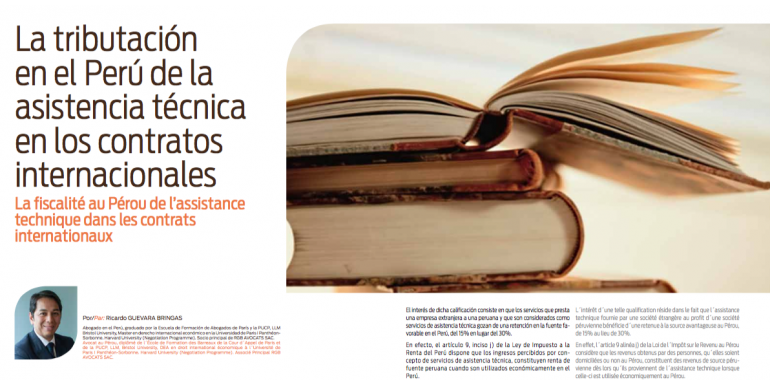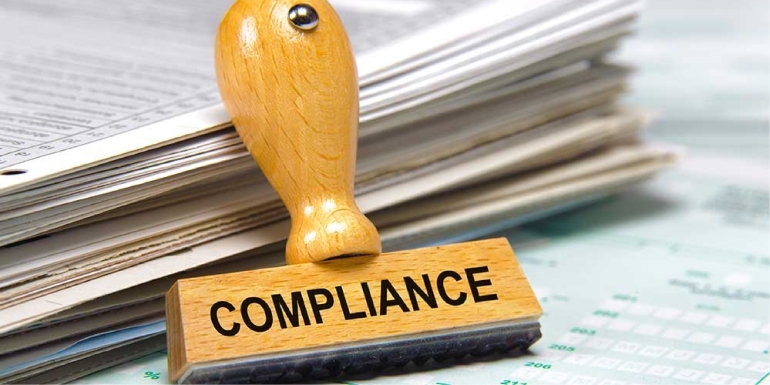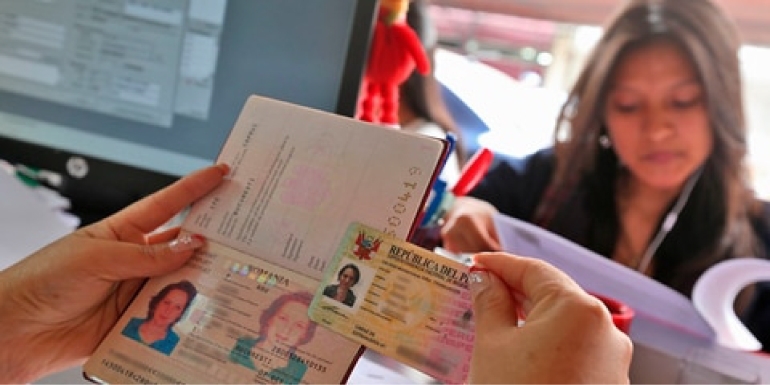Foreigners who reside in Peru can be in for an unpleasant surprise when attempting to draft or execute a will within Peruvian territory. It is not uncommon for a judge to declare a will as null and void, for failing to comply with Peruvian law. Likewise, a notary might refuse to legalize a will based on the same line of reasoning. Faced with this baffling attitude, how can you ensure the successful execution of your will? Below are some helpful tips for understanding inheritance in Peru:
The first piece of advice you should have in mind is checking whether Peruvian law is applicable, when drafting your will. According to international inheritance law, a person’s inheritance shall be subject to the laws of his or her last place of legal residence. This means that, when a person passes away in Peru, or when a person drafts a will in Peru, they must be mindful of Peruvian mandatory rules regarding inheritance. Consequently, a will which fails to comply with said rules will be considered null and void.
The second piece of advice would be checking which rules are applicable to you. Peruvian inheritance law establishes that your spouse and children are mandatory heirs. This means that, except in the case of specific circumstances, you cannot disinherit your spouse or children. According to these provisions, half of the inheritance must go to your spouse, and the remaining half must be equally divided between your spouse and children.
Notwithstanding the aforementioned, Peruvian inheritance law allows you to freely dispose of up to one third (1/3) of your personal and private property, when you have a spouse and children; and up to one half (1/2) of your property when you only have living parents and ascendants.
The third and final piece of advice would be trying to get your will legalized by a notary. If you have followed the instructions above, you should have no problem having your will legalized by a notary. Doing so will help immensely in the execution of your will, as the notary will forward your will to the Peruvian Superintendence of Public Registries for its official registration. Having your will registered will significantly improve the chances of its correct execution by the judicial branch, and will minimize the occurrence of misinterpretations and costly legal procedures.







































